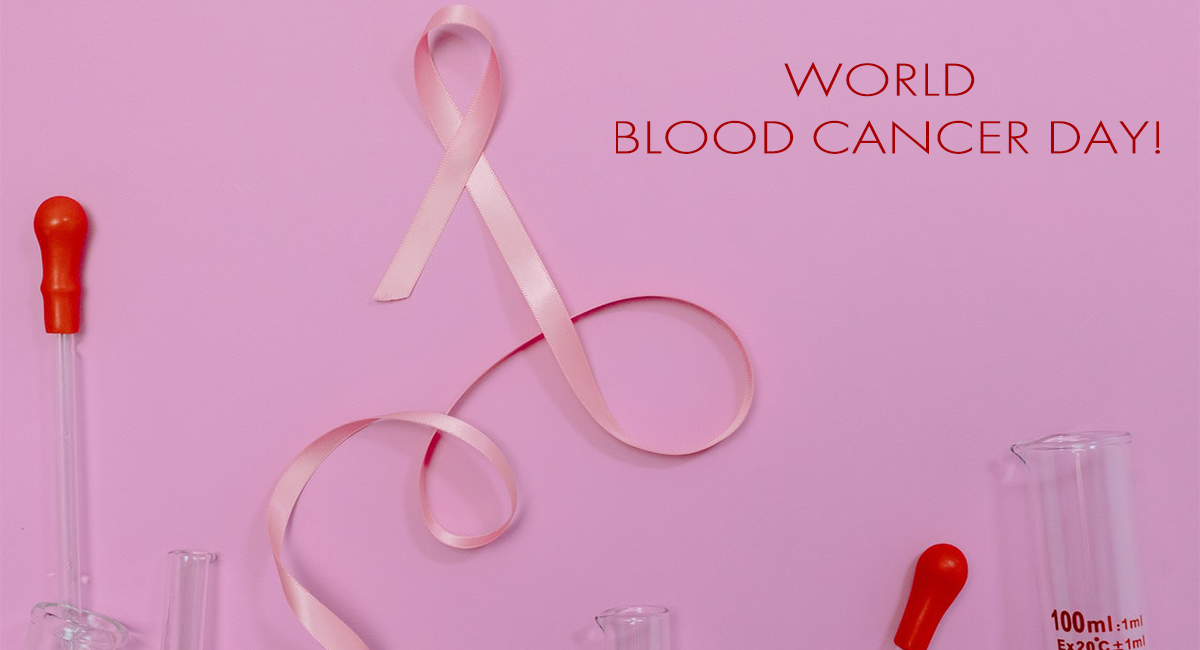
A global awareness day dedicated to the fight against blood cancer and awareness for those afflicted by blood cancer is held on May 28th, World Blood Cancer Day. Here, we look back at some of the most important developments in this battle against a wide range of diseases and look forward to future progress.
Leukemia, myeloma, and lymphoma are all types of blood cancer that can be classified according to the type of blood, bone marrow, or lymph node cells that are undergoing unchecked growth and division.
Blood cancers may not be as common as breast, lung, and prostate cancers, but their burden remains high and there is still much that needs to be done in terms of improving research, treatment, and care for them.
In 2020, there will be over 544,000 new cases of non-Hodgkin lymphoma and 260,000 deaths, with the highest incidence rates found in Australia/New Zealand, North America and Europe, according to a study on the global cancer burden, which examined data on 36 common cancers from 185 countries. Nearly 312,000 people died from leukaemia, with a new case count of 475,000 and a death toll of nearly 475,000.
Theme of World Cancer Day 2022
With the theme "Close the Care Gap," this year's World Cancer Day hopes to bring attention to the equity gap that plagues many people and communities, resulting in unnecessary deaths from cancer. Just a few of the many factors that can influence cancer care include income, education and location as well as discrimination based on ethnicity, age or lifestyle.
What can you do for Cancer Day?
Hundreds of events and activities are taking place around the world to support World Cancer Day, both online and in person.
You can help in the following ways:
- You can show your support for the cause by posting on social media.
- On World Cancer Day, turn on the official World Cancer Day colors of orange and blue at a notable structure or monument.
- Get involved in a World Cancer Day event in your area, or organize your own.
- Contribute to a cancer-related cause
Future Treatments
Progress has been made in the last 50 years, despite these appalling statistics. Blood stem cell transplantation (1975) and rituximab (1997) were proven effective in the treatment of lymphoma, and radioimmunotherapy was developed in 1997. (early 2000s). Peripheral blood stem cell transplantation was first used to treat myeloma in the 1990s, and in 2003 and 2005, the FDA approved the drugs bortezomib and lenalidomide for sale in the United States. In the future, things look even better. There are a plethora of treatment options for leukemia, including CAR T-cell therapy and many new targeted therapies that have either been approved or are on the verge of being approved.



